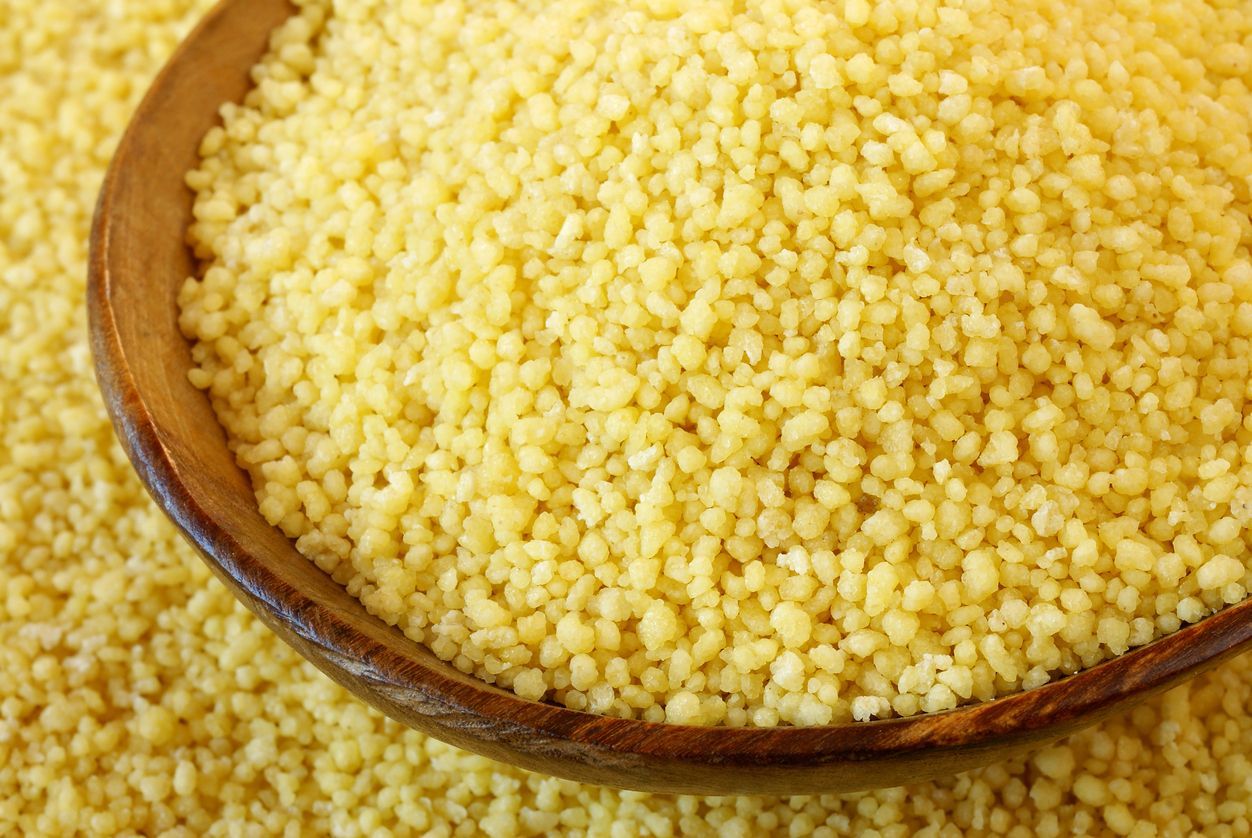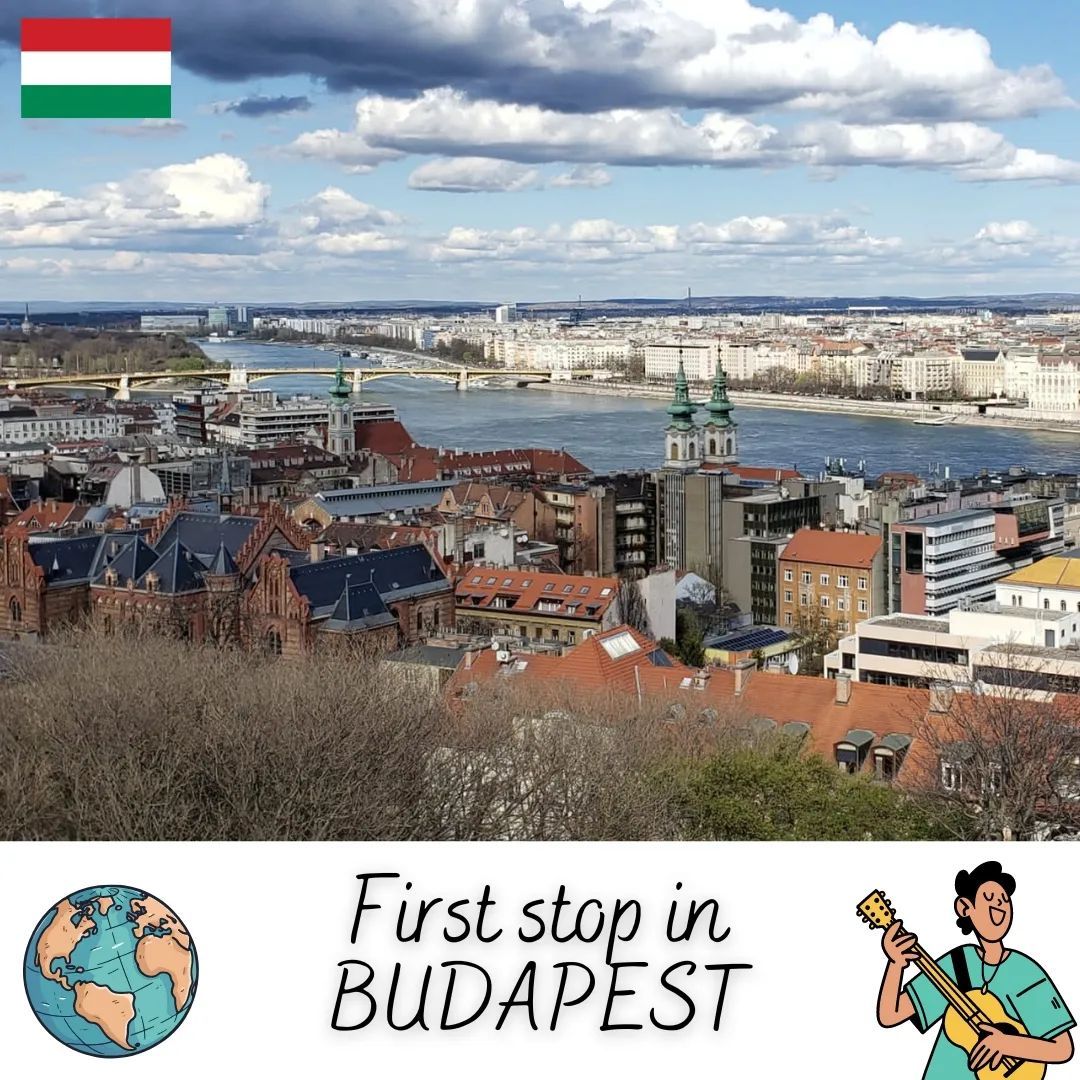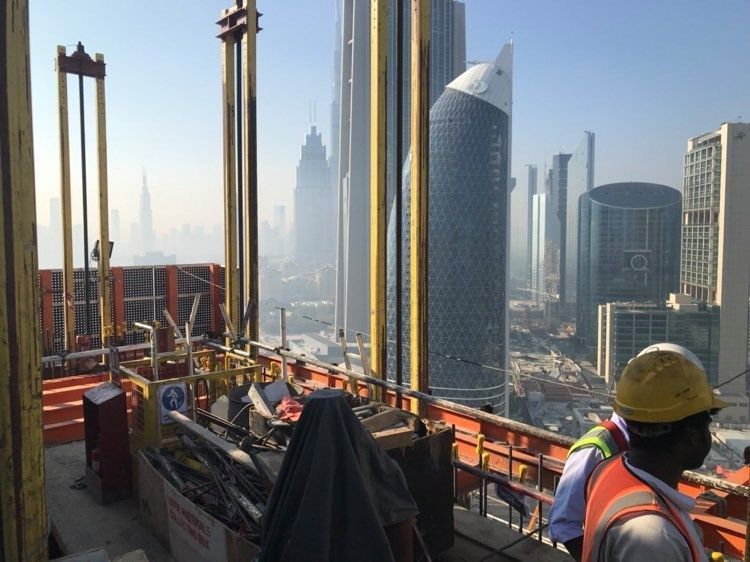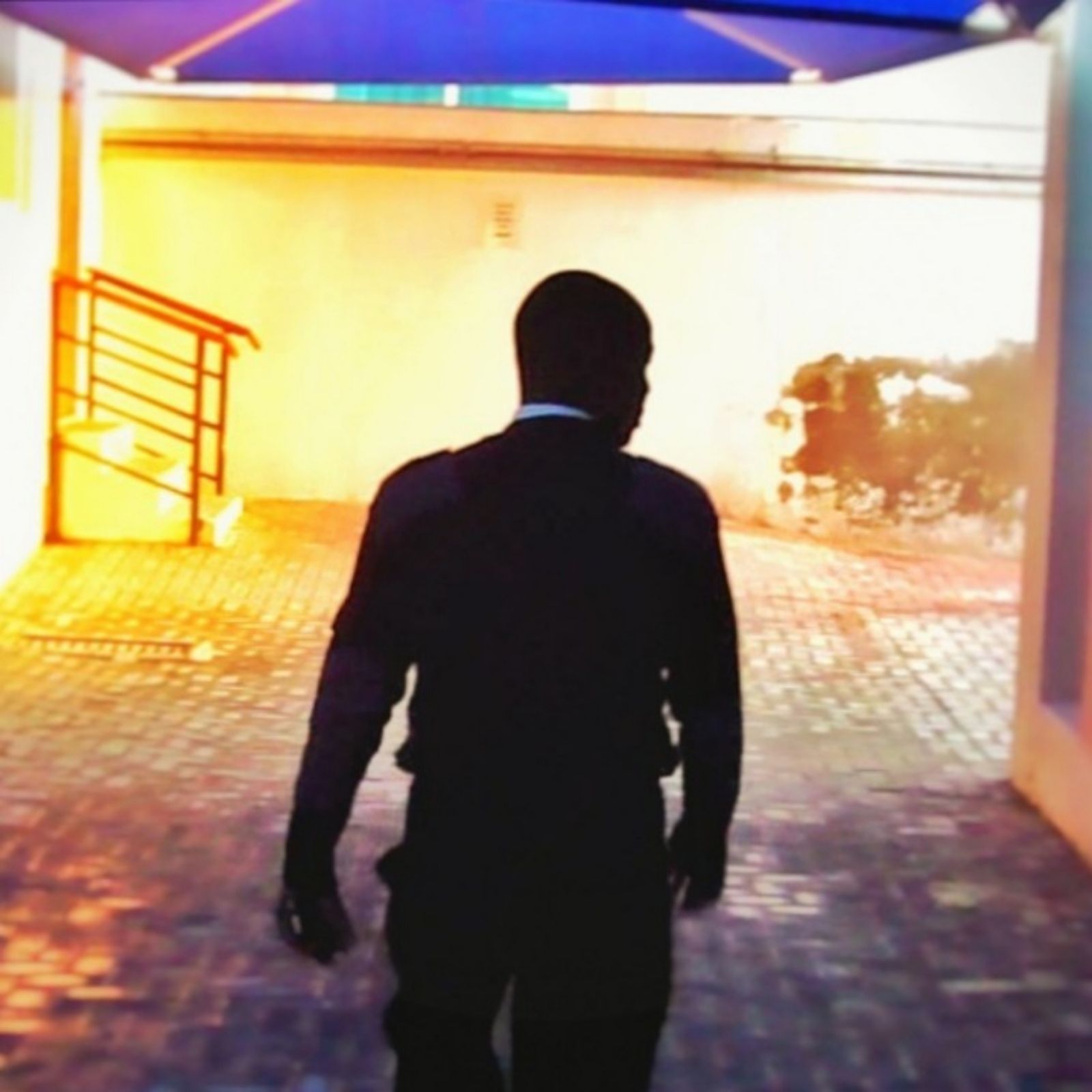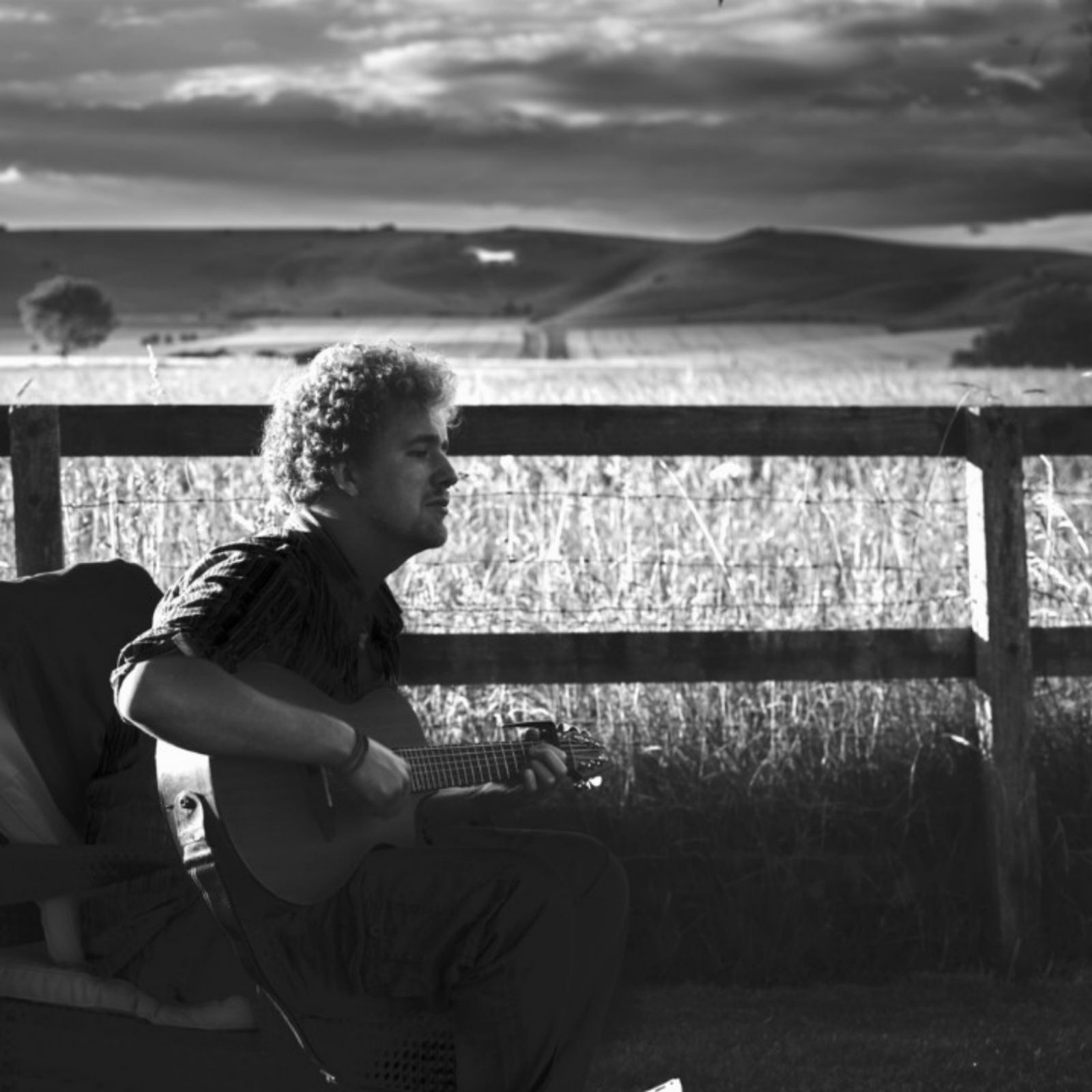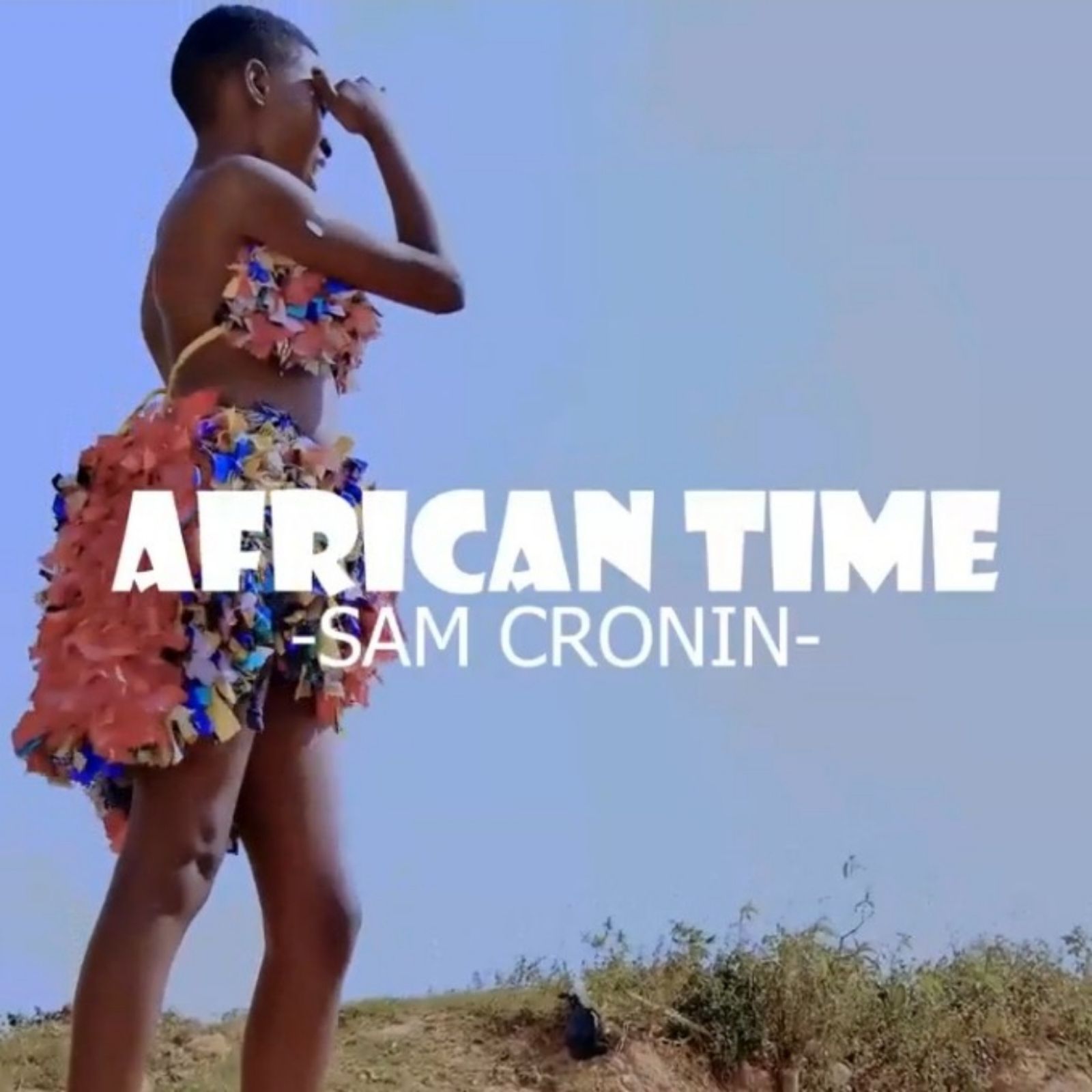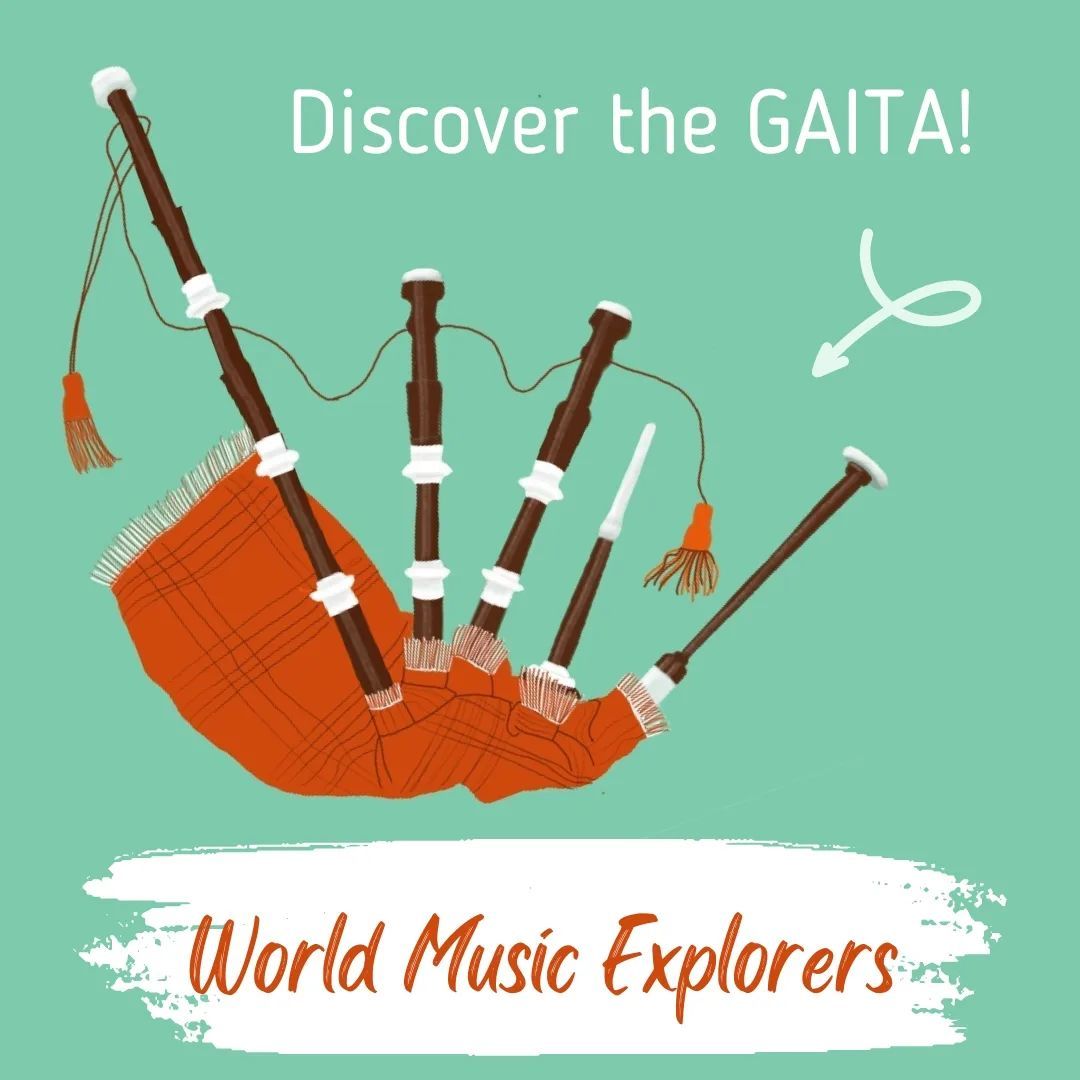Tweaks of a Melody – Ali Khattab: Tracing the Arab Tracks of a Spanish Tradition
Flamenco music is a Spanish specialty, but its origin has long been associated with the 'Gitanos' (gypsies) - so how could Arabs be involved? Ali Khattab's music reveals the secrets...
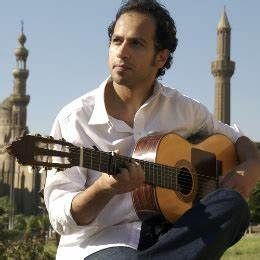
During my travels with the 'Troubadours Tour' in Andalucia, Southern Spain, I was inspired to meet Egyptian-raised guitarist and composer Ali Khattab, who heard these echoes after confirming his love for flamenco music and moving to the town of Jerez de la Frontera, Spain, where his natural Arab musicality inspired the discovery of a cultural relationship that goes back through the centuries.
And from there all is revealed...
*–––> The large country of Spain connects to Morocco on the African continent via the Strait of Gibraltar, a tiny passage of water with which passage between the two is made easy (even more so today with a road bridge!) It was on adequate ships that the Muslim Empire, which spread from Saudi Arabia at the advent of Islam in the year 610 to conquer the Maghreb (North Africa) and thus Morocco, marched onto the Iberian peninsula (Spain and Portugal) and put it under Arab government and settlement.
Over the years, most parts of Spain and Portugal were Arabised. The Arabs left a lasting mark on the architecture and culture when they were sent back to the Maghreb when the Catholic houses of Aragon and Castille finally united and Christian Spain was eventually reclaimed during a period called the "reconquista".
For the Muslims or Arabs who remained in Spain, they came up against a brutal crackdown by the new government, a religious and ethnic cleansing legalised under the name "the Inquisition". Even Protestants were arrested, attacked and removed of rights (Ireland in reverse), and along with them the wandering Sephardic Jewish people, the travelling India-rooted Romani (gypsies) and the lost, displaced Muslims and Arabs.
The "gitanos" (Spanish term for gypsies) originated in India and they are best-known for their contribution to flamenco music and development of its song and performance, as they arrived in Spain in the 1400s with the culture of the Arabs still living and blending with the practise of the Spaniards who had gradually absorbed it, as well as the Arabs that had settled in Spain.
The music customs of the Sephardic Jewish communities were alive and present as well, also influencing the music of the era, and so flamenco organically grew as an inadvertent mélange of the nation's history. <–––**
In his performances and on his two album releases, Ali Khattab demonstrates the play of Arab music in this art form, while creating eloquent compositions - melodious and rhythmic - and evoking feelings of universality, open frontiers, but most importantly the unmistakable link between Iberia and the Maghreb.
Channeling Arab music through the Spanish guitar, Ali shows us the way to integrate with a new country is to find the commonalities, and through music he proves how they can these can harmonise just as easily as tweaks of a similar melody.
What more is to be discovered when we consider the songlines of the globe? 🌎
🎶 Listen to Ali's two albums, "Al Zarqa" and "Sin País (Without Country)" on Spotify HERE.

